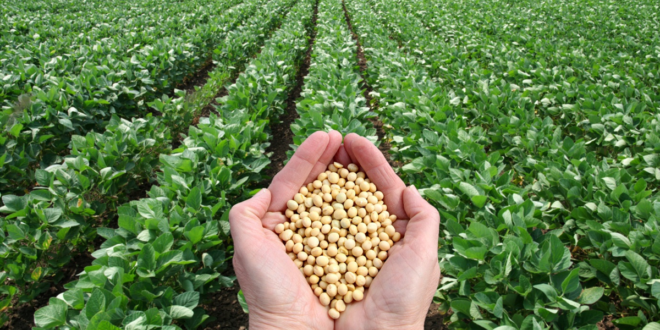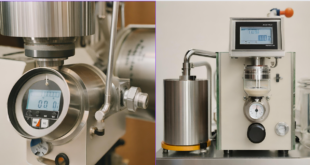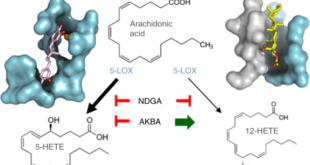- Calories: Calories represent the energy content in food. In soybeans, there are approximately 173 calories per 100 grams. These calories come from the macronutrients in soybeans, primarily from carbohydrates, proteins, and fats.
- Protein: Soybeans are known for their high protein content. In 100 grams of soybeans, there are approximately 36.5 grams of protein. Protein is essential for the body as it plays a crucial role in building and repairing tissues, supporting immune function, and serving as a source of energy when needed.
- Carbohydrates: Soybeans contain carbohydrates, with approximately 9 grams per 100 grams of soybeans. Carbohydrates are one of the body’s primary sources of energy. In soybeans, the carbohydrates include dietary fiber and sugars. Dietary fiber is beneficial for digestive health, while sugars provide quick energy.
It’s important to consider these elements in the context of your overall dietary needs and goals. Soybeans are often valued for their high protein content and are a good choice for those looking to increase their protein intake, especially for vegetarians and vegans.
Minerals and vitamins
Soybeans include a variety of vitamins and minerals, including
Molybdenum:- Molybdenum, an important trace element found mostly in seeds, grains, and legumes, is abundant in soybeans.
Vitamin K1:- Phylloquinone is a kind of vitamin K found in beans. It aids in the formation of blood clots.
Folate:- Folate, often known as vitamin B9, serves several roles in your body and is especially crucial during pregnancy.
Copper:- Copper consumption is frequently poor in Western people. Deficiency may have a negative impact on heart health.
Manganese:- A trace element present in almost all foods and liquids. Because of the high phytic acid content of soybeans, manganese is poorly absorbed.
Phosphorus:- Soybeans are high in phosphorus, a vital element that is plentiful in the Western diet.
Thiamine:- Thiamine, often known as vitamin B1, is essential for numerous body activities.
- The nutrition facts of soybeans can vary slightly depending on how they are prepared and whether they are in their natural form, as soybeans, or processed into products like tofu or soybean oil. Here are the approximate nutrition facts for raw, mature soybeans (per 100 grams):
- Calories: 173 kcal
- Protein: 36.5 grams
- Carbohydrates: 9 grams
- Dietary Fiber: 6 grams
- Sugars: 3 grams
- Fat: 17 grams
- Saturated Fat: 2.2 grams
- Monounsaturated Fat: 3.2 grams
- Polyunsaturated Fat: 9 grams
- Vitamins and Minerals:
- Vitamin K: 47 µg (59% of the Daily Value, DV)
- Folate: 165 µg (41% DV)
- Vitamin C: 6 mg (10% DV)
- Thiamin (Vitamin B1): 0.874 mg (58% DV)
- Riboflavin (Vitamin B2): 0.87 mg (51% DV)
- Niacin (Vitamin B3): 1.62 mg (8% DV)
- Vitamin B6: 0.377 mg (19% DV)
- Iron: 15.7 mg (87% DV)
- Magnesium: 280 mg (70% DV)
- Phosphorus: 704 mg (70% DV)
- Potassium: 1797 mg (51% DV)
- Calcium: 277 mg (28% DV)
- Zinc: 4.95 mg (33% DV)
- Copper: 0.996 mg (50% DV)
- Manganese: 2.03 mg (102% DV)
- Selenium: 9.7 µg (14% DV)
- It’s important to note that soybeans are a good source of protein, healthy fats (including omega-3 and omega-6 fatty acids), fiber, vitamins, and minerals. They are also one of the few plant-based sources of complete protein, meaning they contain all the essential amino acids the body needs
 SoyaFood A Golden Bean Food Product…
SoyaFood A Golden Bean Food Product…





